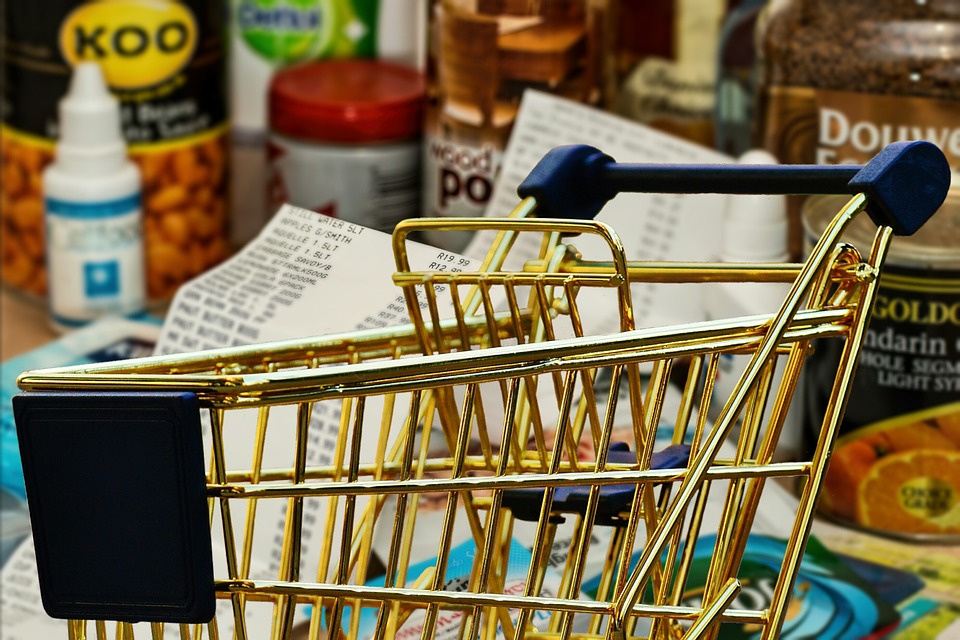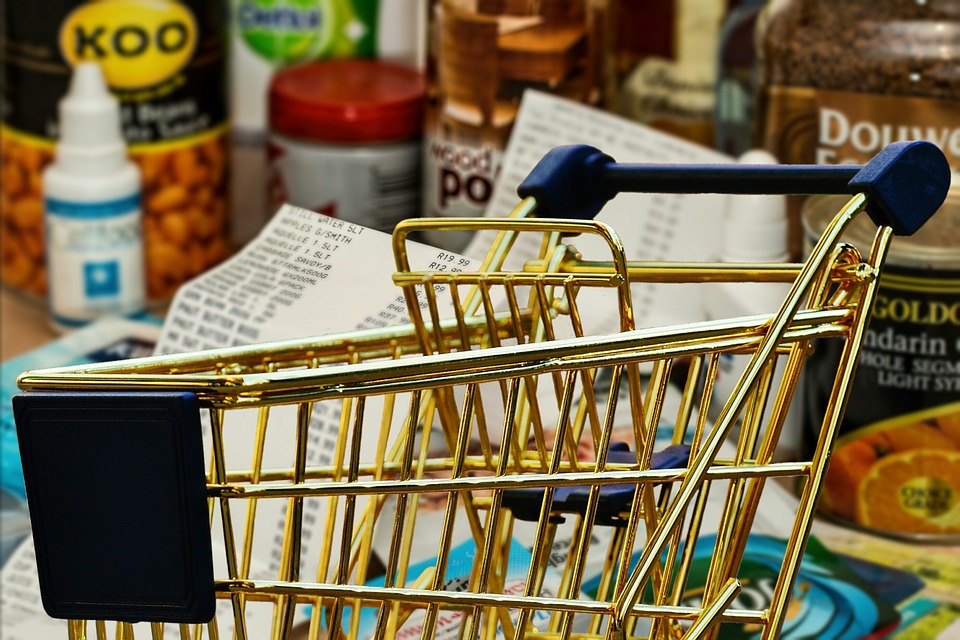
DURHAM — From cashier-less checkout to self-driving car delivery, customers are expecting big things from our food retailers in the years to come.
That’s according to the latest “Store of the Future Report” released by Durham-based startup Phononic, a sustainable freezer/refrigerator provider attempting to disrupt the food and beverage industry.
This second annual report – which surveyed more than 1,100 U.S. consumers – examined shoppers’ habits to gain perspective on what new services shoppers expect to see from food retailers in the next five years.
“In just the past year, we have witnessed a huge amount of disruption in the food retail landscape as Amazon continues to put pressure on traditional grocers to differentiate the customer experience and offer increased in-store efficiency,” Phononic’s vice president and general manager Dana Krug said in a statement.
“Consumers’ feedback demonstrates the need for grocers to embrace technology options that make the shopping experience easier and more enjoyable. And as we look towards the future, it’s clear that consumers have some high demands for the technology applications they expect grocers to invest in – from cashier-less checkout to self-driving car delivery.”
The report revealed several key findings as it relates to consumer grocery shopping habits, in-store innovation, and food delivery options.
Among the highlights:
- Half of consumers (51%) still feel grocers need to enter the modern age to stay relevant, however this was a slight decrease from 56% in the 2018 survey, showing consumers are recognizing grocers’ efforts.
- 79% of consumers feel the majority of supermarkets will be primarily self-checkout in five years.
- Freedom of placement will shape next-generation store layout, with over half (52%) of consumers expecting frozen and refrigerated items to be distributed throughout the store, rather than only placed in the back or side of the store – where traditional compressor-based refrigerators are required to be placed because of size, vibration and heat emissions.
- For those who do like shopping, it’s the communal aspect and product discovery that draws them in, with 28% saying they “love” the experience of shopping at their local store where they know people and people know them. This sentiment is even stronger among Millennials, who are more likely than any other generation (36%) to note they appreciate the communal aspect of grocery shopping.
- Additionally, 30% of consumers say grocery shopping is like a “mini-holiday” where they can browse aisles and hunt for treasures.
- Consumers feel strongly about buying from brands that care about sustainability and giving back. In fact, 73% gravitate to companies that prove they care about the environment and two-thirds (67%) say it’s important that they buy from a company that uses more sustainable cooling technology.
- Meal delivery options are still struggling to attract shoppers, with 58% of consumers responding they have yet to try them. While the number of consumers who tried a meal delivery service increased from 34% in 2018 to 42% in 2019, consumers still see a number of barriers in terms of convenience, cost and storage.
- Self-driving cars could pave the way for food delivery’s future, with 56% of Americans predicting that it’s likely groceries will be delivered by self-driving cars in the next five years.

